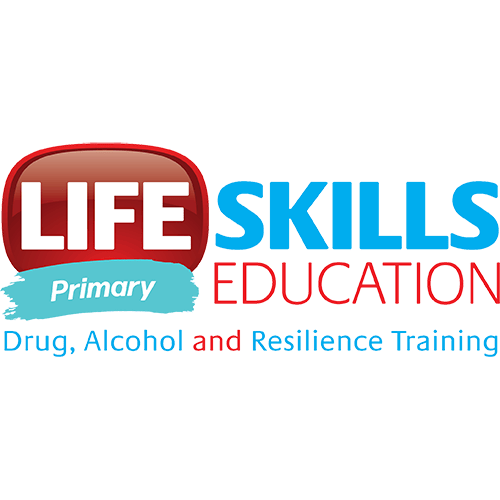Bullying is Bullying
Whether in school, at the park or on the internet, our programmes are designed to help young people stop bullying and cyber bullying.
Cyber bullying is bullying that takes place over digital devices like mobile phones, computers, and tablets. Cyber bullying can occur through text messages, apps, or online in social media, forums, or gaming where people can view, participate in, or share content.
It includes sending, posting, or sharing negative, harmful, false, or mean content about someone else. It can include sharing personal or private information about someone else causing embarrassment or humiliation. Some cyber bullying crosses the line into unlawful or criminal behaviour.
Any form of bullying can be harmful to a young person, Life Skills Education’s DARE Primary Programme discusses these issues with young people in the context of hate crime, difference and self esteem. At the end of the course the children write a DAaRT report in which they can reflect on what they have learned. This is often completed as part of a literacy lesson, with the class teacher.
It is important to understand how children are cyberbullied so it can be easily recognized and action can be taken.
While the emotional aspects of bullying continue to be devastating, the internet and social media have changed the way children experience bullying. It has changed as the digital world encourages more children to take to social media and anonymous messaging apps to share their experiences and manage relationships.
Why is cyberbullying different from face-to-face bullying? One of the biggest differences between cyberbullying and face-to-face bullying is that it can be hard to get away from. Young people could be bullied anywhere, anytime – even when they’re at home.
Some of the most common cyberbullying tactics include:
- Posting comments or rumors about someone online that are mean, hurtful, or embarrassing
- Threatening to hurt someone or telling them to kill themselves
- Posting a mean or hurtful picture or video
- Pretending to be someone else online in order to solicit or post personal or false information about someone else.
Some interesting and helpful resources to help your young people stop Bully & Cyber Bullying
Internet Matters
See advice on a range of online issues that your child may face to help them enjoy the digital world safely and smartly.
Stop Bullying
Kids who know what bullying is can better identify it. They can talk about bullying if it happens to them or others.
Anti Bullying Alliance
We are a unique coalition of organisations and individuals, working together to achieve our vision to: stop bullying.
Childline
We’re here for you, whatever’s on your mind. We’ll support you. Guide you. Help you make decisions that are right for you.
Find Out More
Life Skills Primary helps young people understand the harmful effects of bullying
